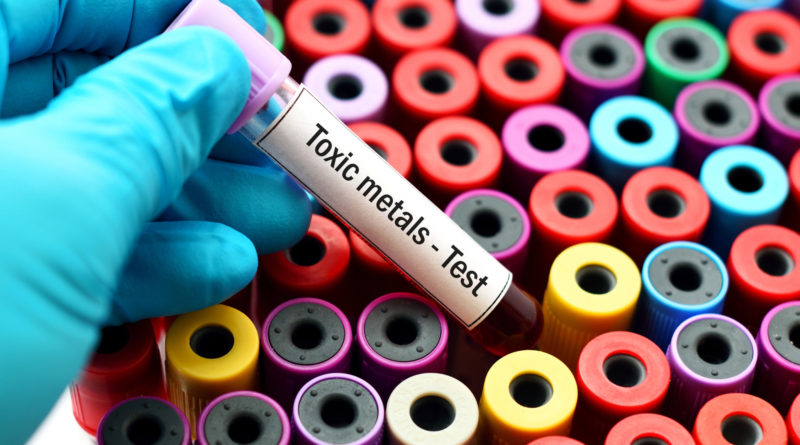The truth About Heavy Metal Toxins
The increase in pollution caused by the growing number of factories and infrastructures has been a growing threat to the health and development of the children. Heavy metal has been found deposited in brain tissues can cause delayed development of the brain as well as neurological damage. Today, heavy metal poisoning is very rampant. You can find groups active on social media sites like Facebook Twitter or Tumblr are starting to petition against companies that produce metal toxins.
Do heavy metal urine test effective?
Urine toxin analysis is a helpful tool to assess heavy metal toxicity in our body. Toxic chemicals don’t have any use and affect the balance of nutrient elements in our body. To evaluate the level of heavy metal toxicity in our system, urine analysis is done. Metal detoxification agents are used to help evaluate the level of heavy metal toxicity in our blood. There are two types of heavy metal poisoning, Chronic low-level exposure, and Acute metal poisoning. Chronic low-level exposure is the most common type. Heavy metal poisoning occurs when the level exceeds the normal level our body can tolerate. This can be evaluated using urine samples before and after the administration of pharmaceutical metal detoxification agents like EDTA or DMPS. Although different metals can affect our bodies, good or bad, it can still affect our body since every toxin will be excreted in our urine. Long exposure to heavy metals can damage our kidneys. Many medical practitioners suggest that urine test should also evaluate the nutritional status and efficacy of mineral supplementation during metal detoxification therapy because the agents increase the excretion of certain nutritional elements like zinc, copper, and manganese.
Urine Specimen Requirements.
Urine collection for heavy metal toxicity screening requires 50mL of sample urine. To get the best result, a chelating agent is used. Patients are required to collect a sample within 24 hours. Physicians determine when the urine will be collected, based on the type of chelating agent is used. Blood can also be used as a test specimen for heavy metal screening. Metals like methylmercury, a highly toxic form of mercury found in fish cannot be detected in the urine so blood samples are required for this test. Hair and fingernails are sometimes used, but in rare cases only. It can indicate exposure but cannot show how long a person has been exposed to toxic metals. In extreme cases, a biopsy is needed to obtain tissue or muscle samples for testing. Like any tests, preparation has to be made by the patients. People undergoing the procedure should refrain from eating any kind of food, solid or liquid for at least 48 hours. In Iodine or gadolinium-containing contrast, 96 hours are needed before samples are collected.
Metals being tested.
Laboratories offer several different heavy metal panels that include Lead, Mercury, and Arsenic. Other panels may include other metals like cadmium, copper, and zinc. Laboratories will determine which metal will be tested based on the clinical symptoms the patient is experiencing. Heavy metal is defined as a variety of elements found in the periodic table with high density or metallic elements. They are found naturally in the environment and is used to manufacture common products like kitchen wares, automobile parts or appliance parts. Some of these metals are iron, copper, selenium, and zinc are found in our system with minimal traces. These metals can damage not only our body but also our soil, our air, food, and water. Because these metals can cause injury, heavy metals are frequently interchangeably with the term toxic metals.
Symptoms of heavy metal toxicity depend on the type of metal the person is exposed to, the quantity, how long he is exposed to, and the person’s state of health.
Long exposure to these toxins can cause life-threatening damage. Our body can manage a little amount, but moderate to large quantities accumulated in our kidneys, liver, and brain can cause serious damage. Exposure can cause mental retardation to babies, low white blood cell count, kidney and liver degradation and brain damage.

